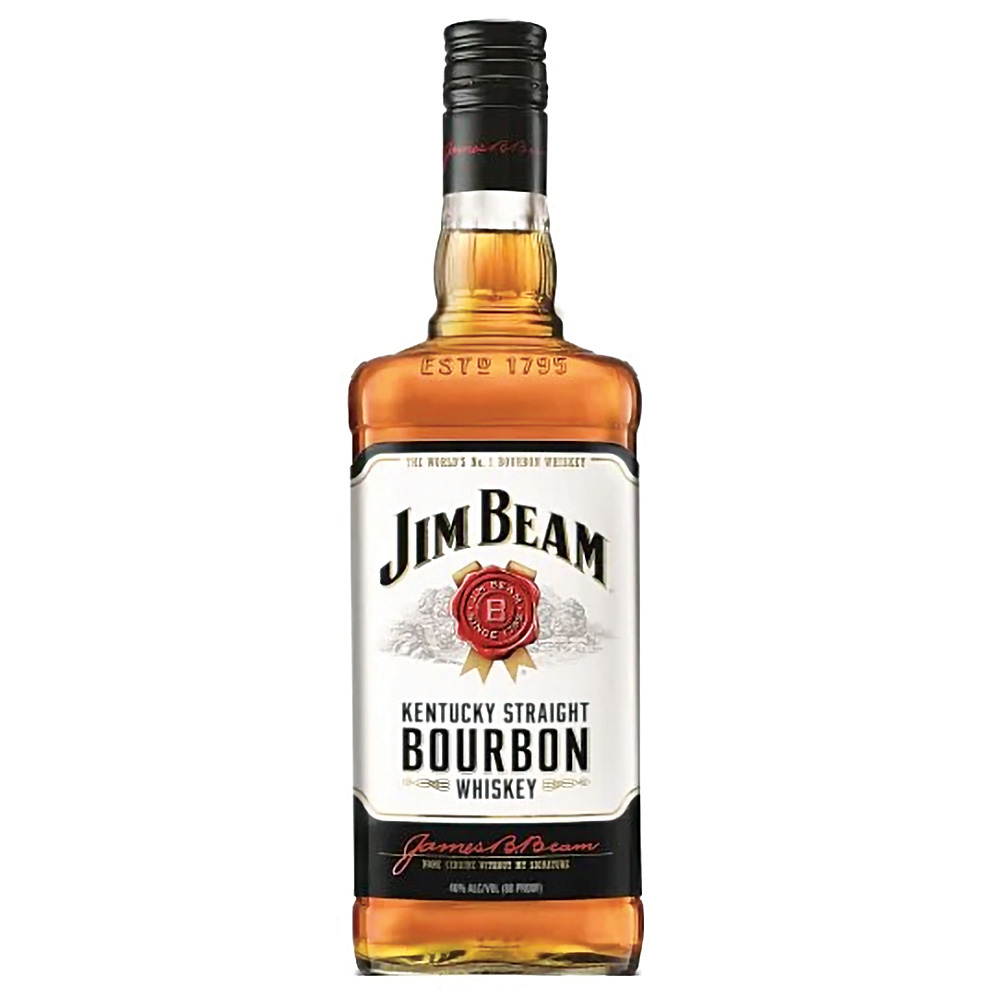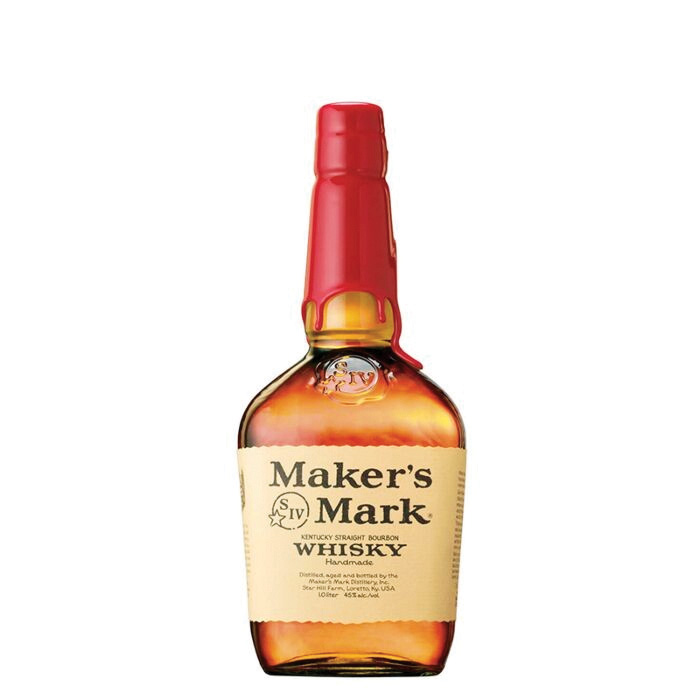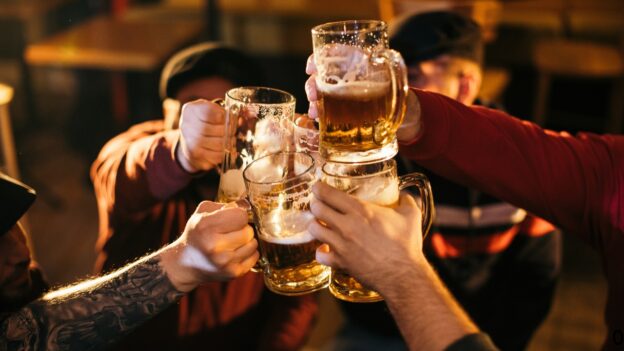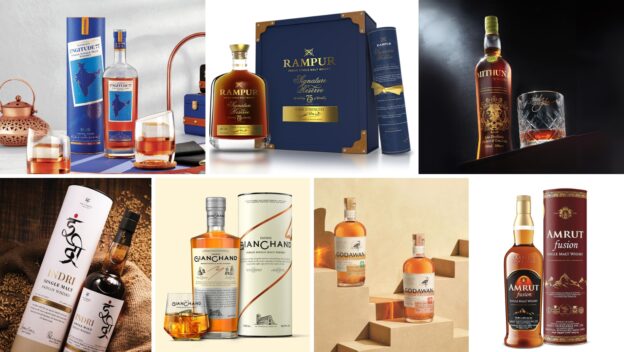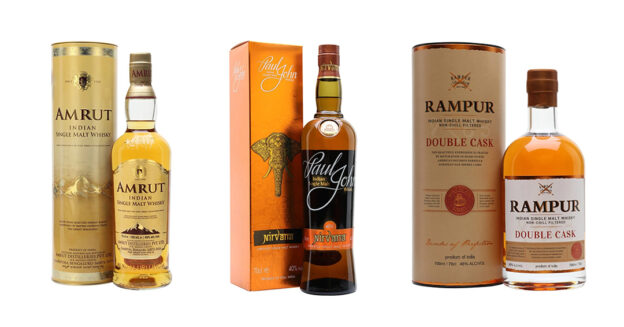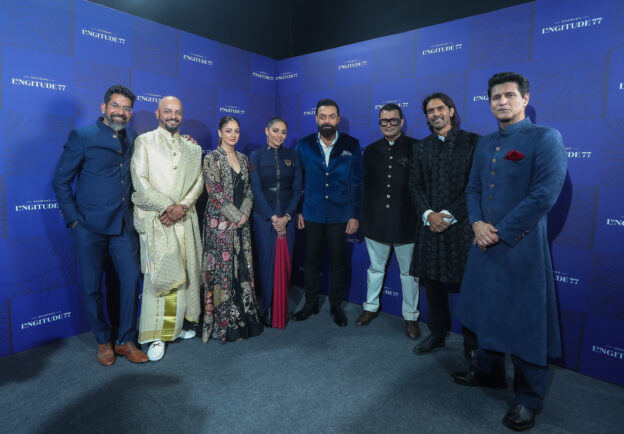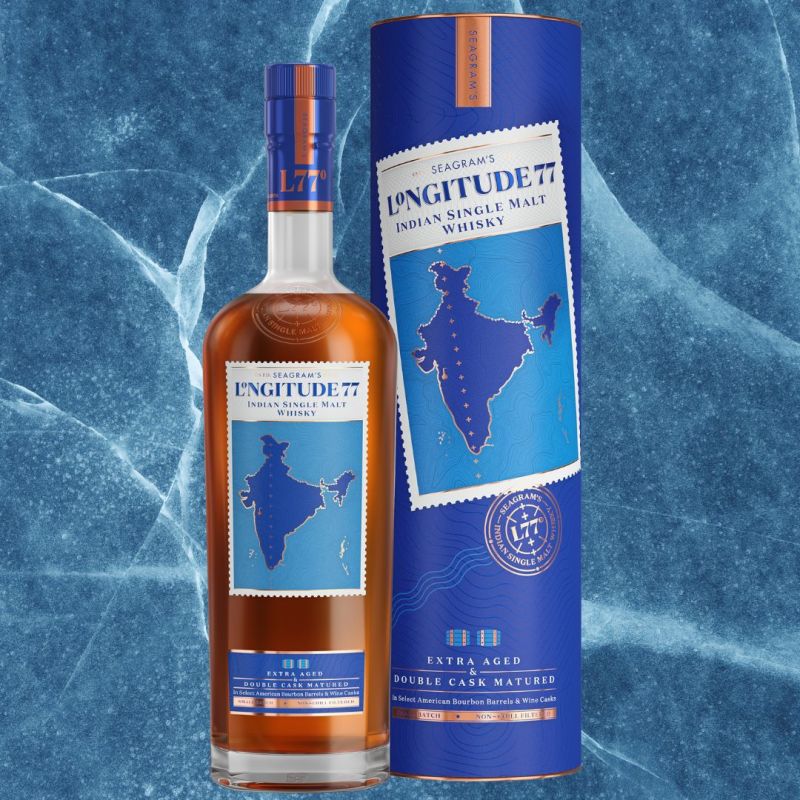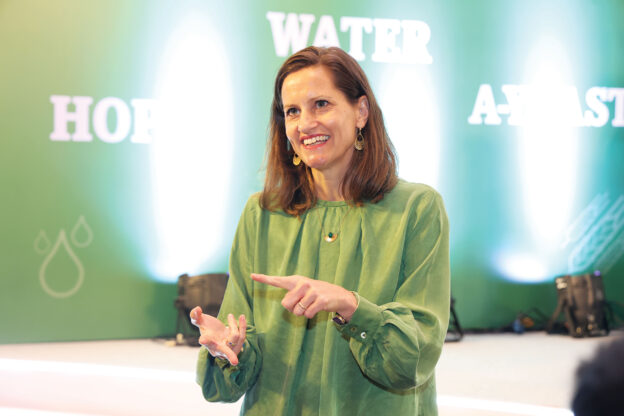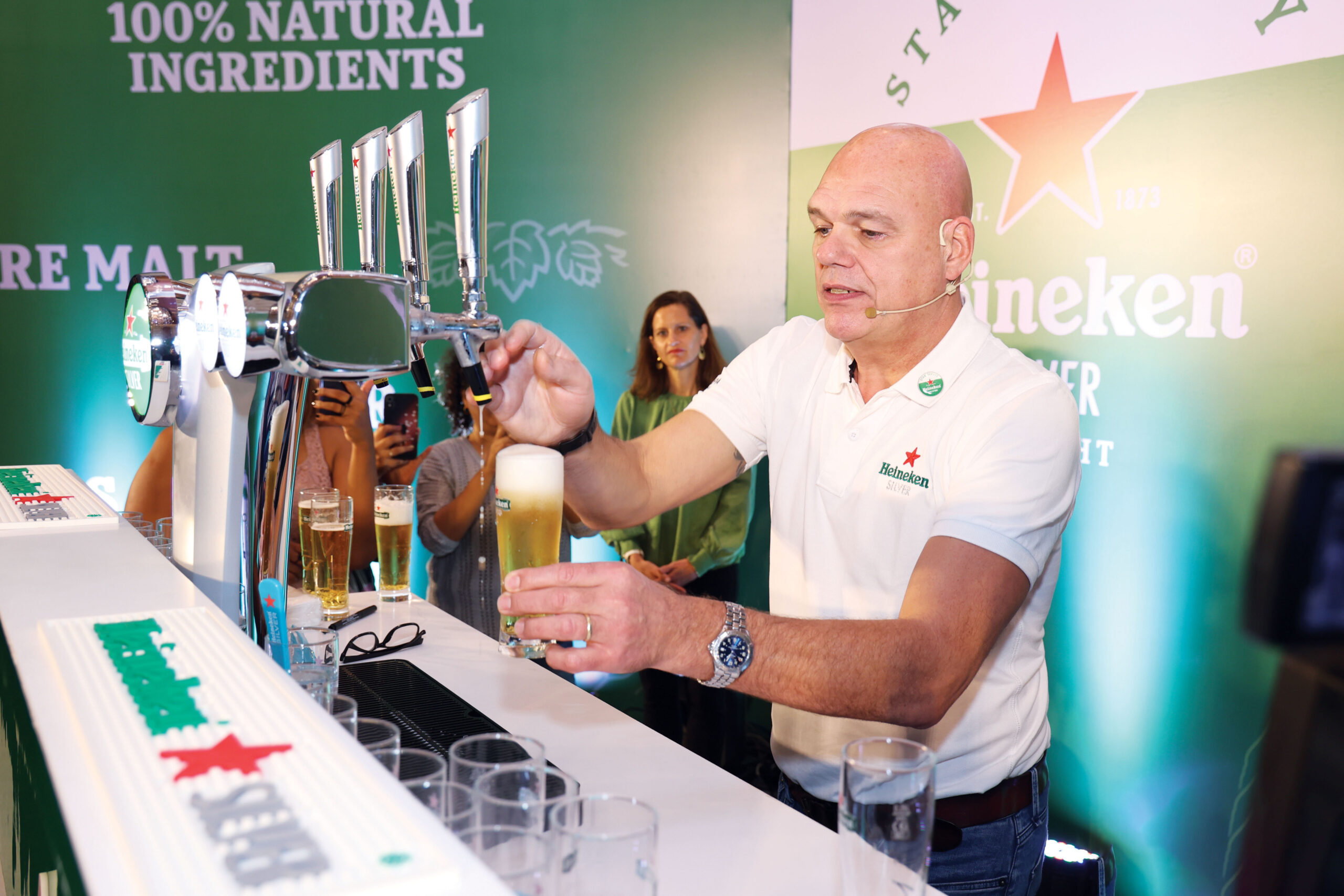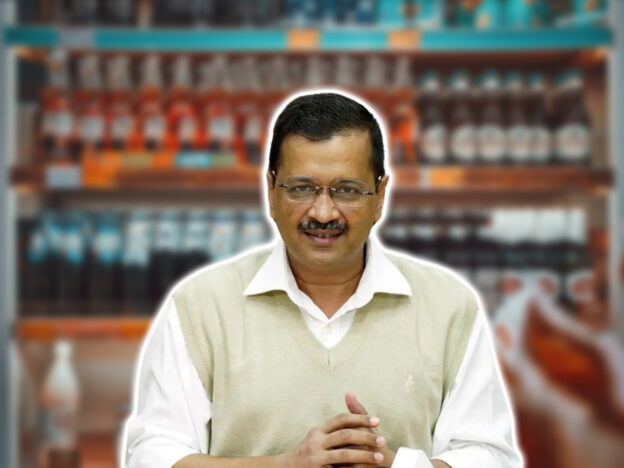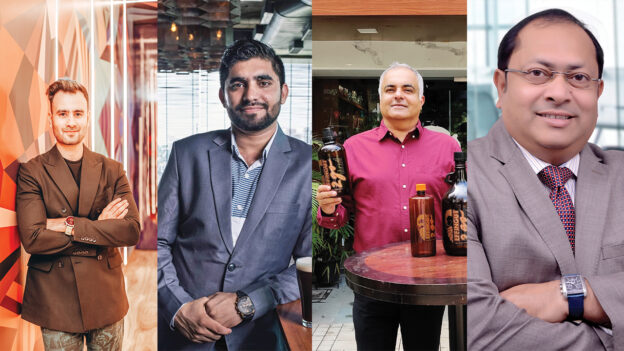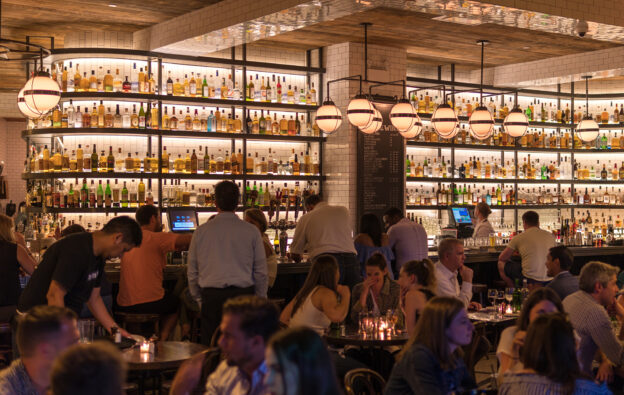Ambrosia Magazine 2025 Awards jury member and global spirits expert shares his take on the future of Bourbon and American whisky in India. He is an award winning whisky expert, Keeper of The Quaich and Whisky Magazine Hall of Fame Member.
For the last twenty-five years whisky has enjoyed an unprecedented global growth in popularity, profit, expansion and appreciation in the alcobev industry, and among adult beverage consumers. While Scotch whisky has definitely dominated the landscape for decades, increasing – global travel, social media and global awareness has seen the world’s whisky industry explode. Whisky drinkers are now global explorers, enjoying flavours, aromas, enthusiasm and excitement from all over.
Nowhere is that more exciting than in India, the world’s largest whisky consuming and whisky producing country. India’s own export whiskies are gaining worldwide recognition, almost daily, as they continue to receive accolades and awards at major international competitions. The excitement is in India as well, not just for locally produced products but for whisky from other countries. The popularity of whisky continues to grow among Indian consumers as they explore outside the traditional boundaries.
Bourbon, together with its sibling Tennessee whisky and with its cousin, American Rye whisky, is America’s most popular spirit and has been enjoying growth at home and abroad. Virtually every alcohol consuming culture has a whisky or two which uniquely identifies with the local ingredients, natural resources and climate. Some emulate Scotch whisky, as Scotch is iconic and renowned for its flavour and its traditions. Others celebrate their differences and use local grains and ingredients to achieve a whisky experience which reflects their origins.
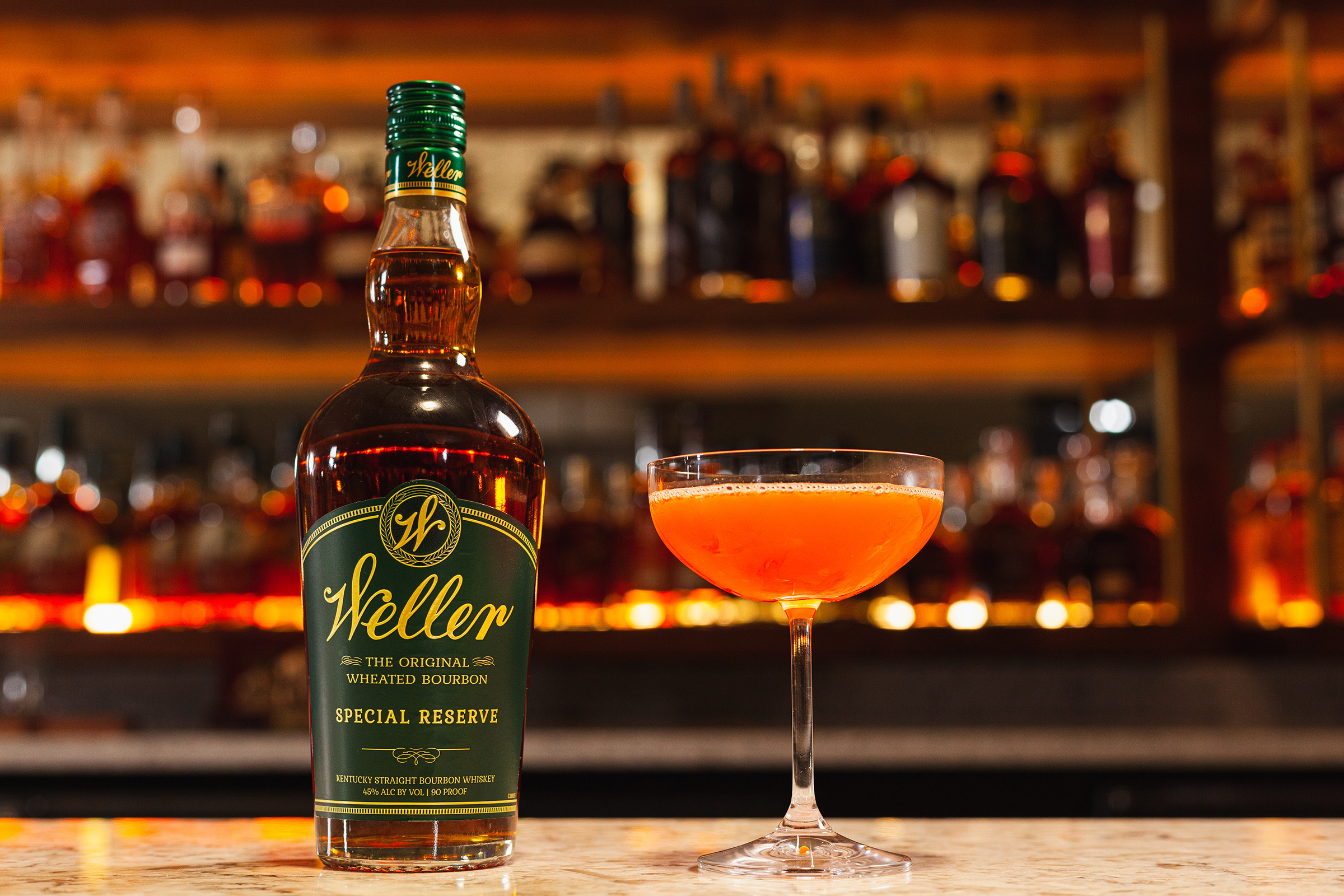
Bourbon is a uniquely American spirit and, by law, regulation and international trade agreements, it is acknowledged and protected as such. To carry the label ‘Bourbon’, it must be made in the United States and distilled from at least 51% corn maize, which brings a sweet and fruity character all its own. The balance of grain, called a “mash bill” must be composed of cereal grains – generally rye or wheat – with some malted barley. Bourbon must be matured in new, charred oak containers. The production standards are very specific and while most Bourbon is produced in the state of Kentucky, it can be made in any part of the U.S.
What does the future hold for Bourbon globally and in India? The global Bourbon spirits market is experiencing strong growth, despite a current slowdown due to international tariffs and uncertainty, with projections indicating a rise from approximately $8.2 billion in 2022 to $12 billion by 2030, driven by factors like premiumisation, craft distilleries and international demand.
Here’s a more detailed look at the bourbon volume growth.
• Premiumisation:
Consumers in India and elsewhere are increasingly seeking higher-quality and premium whisky offerings, leading to growth in the high-end and super-premium categories.
• Craft Distillery Interest:
There is growth in craft distilleries and artisanal whisky production which caters to the demand for unique and distinctive spirits.
• International Demand:
Bourbon’s popularity is expanding internationally, with key export markets like Europe, Japan, and Australia showing significant recent gains.
• Popular Cocktail Culture:
The “Cocktail Revolution” continues to expand internationally. The growing popularity of Bourbon-based cocktails and the expansion of cocktail culture further fuels demand. Many classic whisky cocktails are quite adaptable to Bourbon. India is a current global hotspot for this revolution.
• Cross Demographic Appeal and Affordability:
Bourbon has two very important characteristics which make it particularly attractive. First, accessibility – there is the range of pricing from value brands, which are priced to compete with popular, less expensive spirits to ultra-premium labels which appeal to connoisseurs and collectors. The second, perhaps more important, appeal – Bourbon is transgenerational in its appeal and crosses the full range of enthusiasts of all ages, genders and economic classes. In India, this translates into a product which will appeal to younger, aspirational drinkers and explorers.
• Tourism and Distillery Visits:
With return to global travel and the unique relationship between The US and India, particularly in the tech industry where whisky enjoys exceptional popularity, there is resurgence of tourism and distillery visits, providing immersive experiences for consumers, contributes to market growth. This is particularly apparent in Kentucky and Tennessee just as it is also beginning to happen in India.
• Sustainability:
Many distilleries are embracing eco-friendly practices, aligning with consumer demand for environmentally responsible products.
Market Projections:
• Global Market Value:
The global bourbon spirits market is expected to reach $12 billion by 2030, growing at a compound annual growth rate (CAGR) of around 5.6% between 2023 and 2030.
• North America Dominance:
North America remains the dominant market for bourbon, benefitting from strong local demand and a well-established production infrastructure.
• India and Asia-Pacific Growth:
The Asia-Pacific region is projected to experience the fastest growth in the bourbon spirits market. The opportunities in India are exciting as US Bourbon currently enjoys an import duty advantage over its Scotch whisky competitors and cheaper local IMFL products, making it competitive.
• Producers such as DIAGEO, which makes the incredibly fast growing and much celebrated brand, Bulleit Frontier Whiskey Bourbon, as well as several other American whiskey brands, have a strong advantage because of their already well-established infrastructure and market presence in India as well as their familiarity with local whisky culture.
Specific Growth Figures:
• In 2022, bourbon and Tennessee whiskey volumes in the U.S. grew by 4.2% to 29.7 million 9-liter cases, with revenues increasing by 10.5% to USD 4.5 Billion.
• The global bourbon spirits market was valued at nearly US$ 8 billion in 2022 and is expected to reach US$ 15 billion by 2030.
• The global Bourbon category is predicted to grow by 5% between 2022 and 2031.
• The global bourbon spirits market was valued at $7.8 billion in 2021, and is projected to reach $12.8 billion by 2031, growing at a CAGR of 5% from 2022 to 2031.
The Bottom Line
– Bourbon’s Future in India
India is excited about American whiskey. A new, younger generation of educated, globally aligned consumers is energising the whisky market in India and Asia. Currently there are number of products available in India which includes Jack Daniel’s, Jim Beam, Woodford Reserve, Maker’s Mark, Gentleman Jack and Old Forester. And with the entry of Sazerac through John Distilleries Ltd as well as scores of other US companies, the Indian market will be flooded with bourbon and Tennessee whiskeys. Bourbon enjoys a particularly competitive advantage over other imported spirit products. My prediction – a bright and sunny future for Bourbon in India.
– Steve Beal


